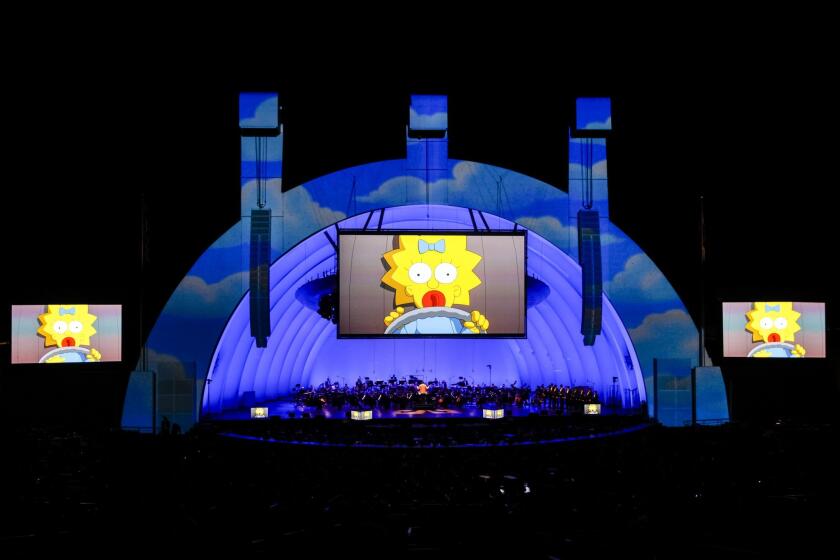Refund or donation: Which do most ticket holders to COVID-canceled shows choose?
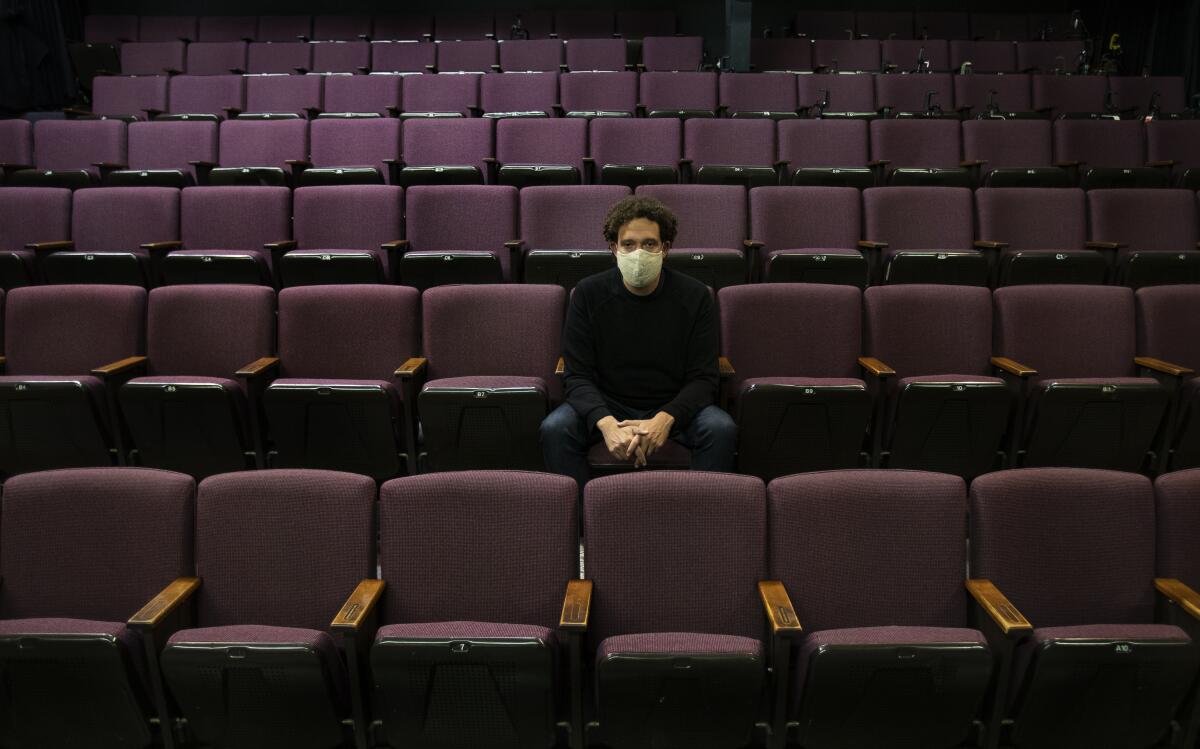
When the Hollywood Bowl canceled its 2020 season for the first time in nearly 100 years, it offered advance ticket holders three options: Receive a full refund, get a credit to a future show or donate the value of the ticket back to the organization.
With the cost of tickets ranging from a few dollars to a few hundred dollars, calling for ticket donations is a strategy many performing arts organizations are using to stay afloat amid coronavirus-related show cancellations and postponements. But are audiences actually donating tickets? And if so, what impact does that have on venues?
The Times surveyed 18 performing arts organizations across L.A. to find out.
After canceling its 2020 seasons at the Hollywood Bowl and Ford Theatres, which followed the spring closure of Walt Disney Concert Hall, the Los Angeles Philharmonic Assn. is facing an $80 million budget shortfall.
For canceled Disney Hall shows, 11% of ticket income was donated back to the L.A. Phil. About 25% was refunded and 64% was converted into a credit for a future show.
The cancellation of the 2020 Hollywood Bowl season comes with more painful news: layoffs of seasonal workers and furloughs for more L.A. Phil staff.
Another critical income source for the L.A. Phil has long been the Hollywood Bowl. In May, the organization asked Bowl subscribers and ticket holders to consider donating their ticket value as part of a $35 million fundraising campaign called Play Your Part, which also included a $1 million challenge grant from former Disney Chief Executive Michael Eisner and wife Jane Eisner.
“Ticket donations help to reduce the severity of the financial impact the L.A. Phil is facing today as well as the L.A. Philharmonic Association’s long-term financial health,” spokeswoman Sophie Jefferies said via email, declining to provide specifics on the donations. “We have been overwhelmed with the response from our loyal audience.”
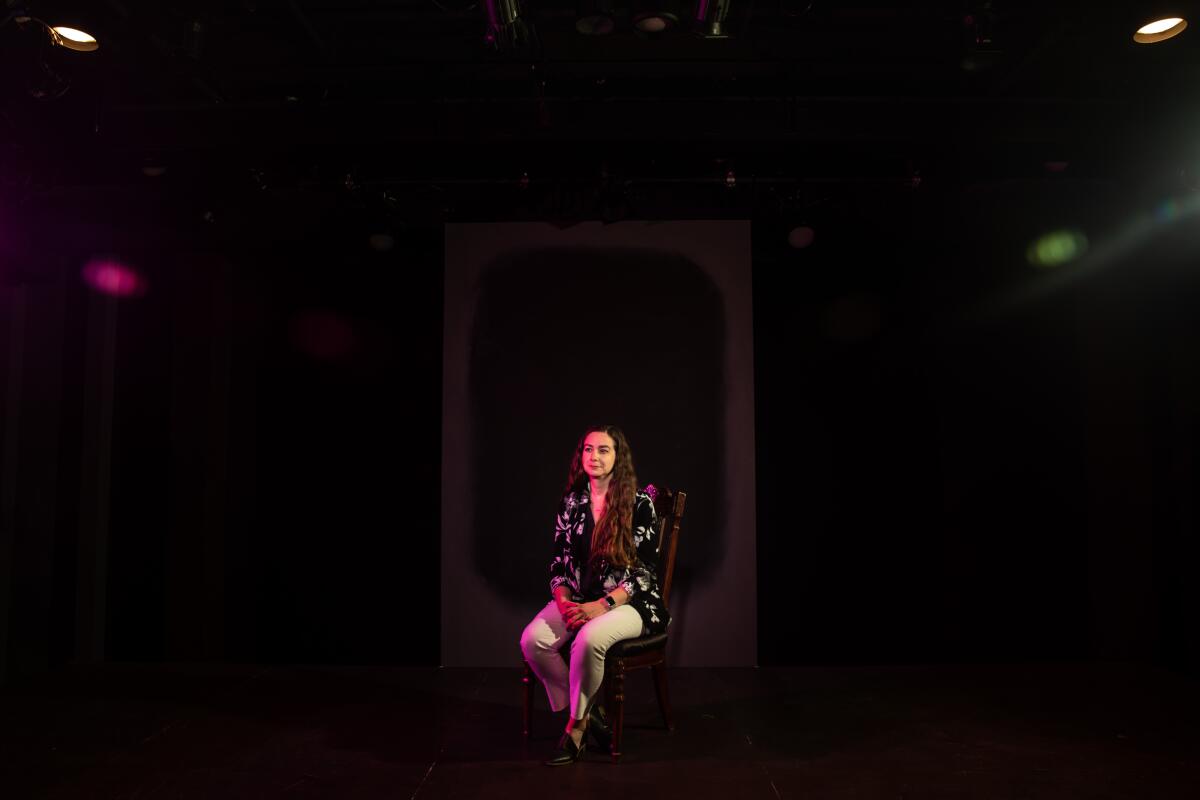
Ticket donations are one way to help with the ongoing expenses including rent, utilities and keeping staff on the payroll, said Antaeus Theatre Company executive director Ana Rose O’Halloran. The Glendale theater’s projected budget this fiscal year had been $1.2 million but it has been revised to $900,000.
After closing Shakespeare’s “Measure for Measure” in mid-March, Antaeus had 40% of its ticket holders donate their tickets to the theater. Twenty percent of patrons kept a credit on their account, and 40% asked for a refund.
“A lot of people were very generous,” O’Halloran said. “A lot of our patrons — from what I’m hearing around town — the people who go regularly were looking to do that.”
Cash flow is another benefit of ticket donations and credits.
The Wallis Annenberg Center for the Performing Arts in Beverly Hills canceled or postponed 50 performances between March 9 and May 31, resulting in a total revenue loss of $270,000. More than 4,100 tickets were purchased for these shows, according to Executive Director and CEO Rachel Fine, who said the venue reached out to patrons individually about their options.
Of the total ticket revenue from canceled or postponed shows, 10% was donated back to the Wallis, 31% was converted into a house credit and 59% was refunded.
With donations, “We don’t have to apply it to next season, so it’s money that is accounted for and recognized in this fiscal year, so it helps tremendously,” Fine said.
Although issuing refunds results in lost revenue, Fine said the Wallis — which has an annual budget of about $10 million — had exceeded ticket sales prior to the pandemic and was doing well financially. And the policy has an obvious upside: “We continue to maintain a very positive relationship with our patrons, and a loyalty that we rely on for future events and performances.”

Some organizations noted a difference between subscribers and single-ticket buyers.
Of subscribers at Center Theatre Group — which presents work at the Ahmanson Theatre and Mark Taper Forum in downtown L.A. and the Kirk Douglas Theatre in Culver City — 30% donated their tickets, 42% requested a credit and 28% requested a refund. Among single-ticket buyers, however, 15% donated, 35% requested a credit and 50% requested a refund.
Through the end of April, 70% of Los Angeles Chamber Orchestra subscribers had donated their tickets, and 30% requested a refund or credit. But among single-ticket holders, the opposite was true: 30% donated, and 70% requested a refund or credit.
More recently, however, 49% of both subscribers and single-ticket holders have donated back to the organization; 26% were refunded and 25% were credited for a future show.
“We’ve been encouraged by the fact that many more single-ticket patrons are now choosing to donate their tickets, for which we are very grateful,” Executive Director Ben Cadwallader said by email.
In some instances, ticket donations don’t necessarily provide much financial relief. They act more as a symbol of support and appreciation for specific programming as venues struggle to survive.
At REDCAT, which has an annual operating budget of about $2.4 million, ticket sales make up 30% to 40% of total income. Other revenue comes from foundations and fundraising. Because of the pandemic, the downtown L.A. theater postponed 17 events projected to bring in about $180,000 in ticket sales — about half of all projected ticket income for 2020.
REDCAT had roughly a 50-50 split between ticket donations and refunds. (The theater does not offer credits.)
The donations are “mostly an indication to me of the value of the program,” said REDCAT deputy executive director and curator Edgar Miramontes. “It’s not making a big impact in terms of financial difficulties but certainly it is helping us in that way.”
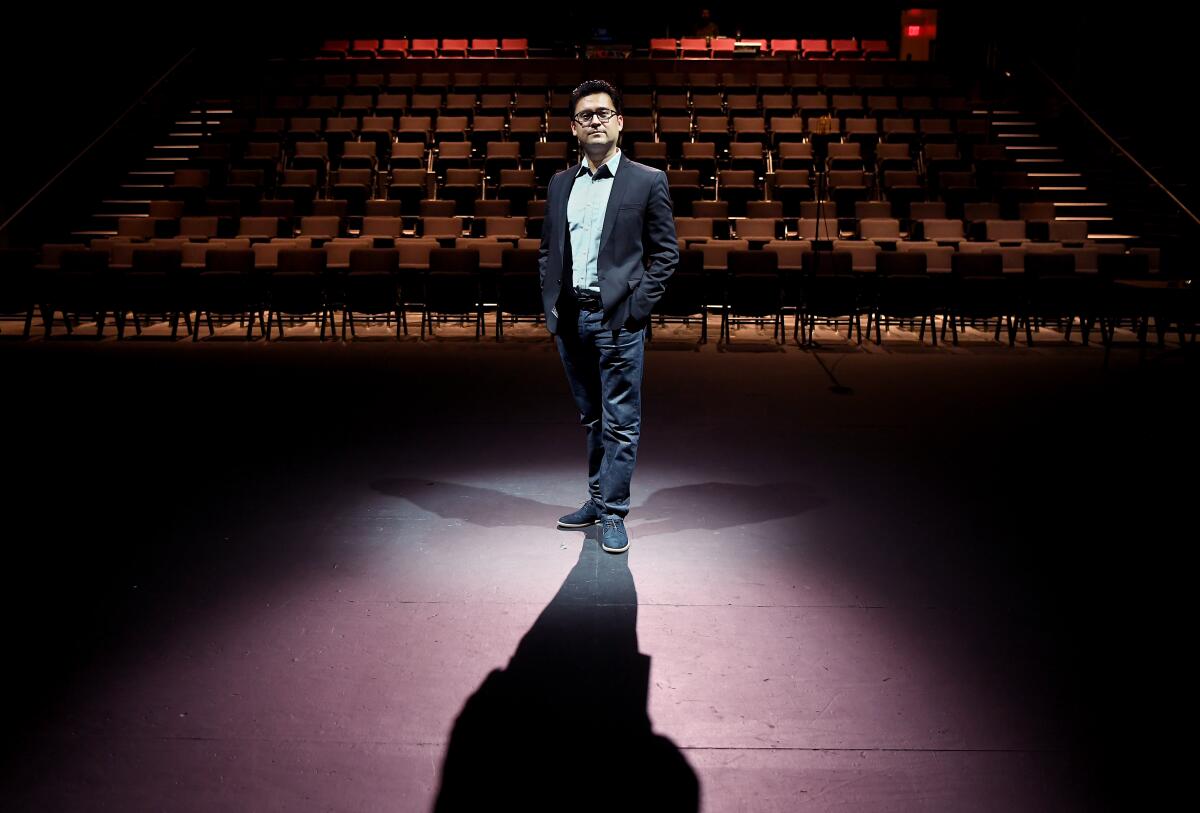
Ticket donations are a boost, but for small, independent theaters the environment is still challenging. That’s especially true with the passage of Assembly Bill 5, California’s law intended to reduce worker misclassification by making it harder for companies to treat workers as independent contractors, and with recent increases in union minimums, said Deaf West Theatre Artistic Director David Kurs. The theater’s annual operating budget is typically around $300,000, Kurs said, but this year it will be about half of that.
In mid-March, Deaf West opened and closed its production of Jean Cocteau’s “Orpheé” on the same night, resulting in a loss of around $60,000. “Any producer knows that’s the worst possible time to close because by opening night you’ve paid out the lion’s share of costs: the rented gear, the set, the designer fees and so forth,” Kurs said via email.
After Deaf West refunded the full price of tickets to all ticket holders, about 30% to 40% of patrons donated the funds back to the company.
“I was pleasantly surprised, but they were a fraction of the total production spend,” Kurs said. “We recognize that many of our patrons do not have the wherewithal to spare these funds, so we do not expect our patrons to immediately donate.”
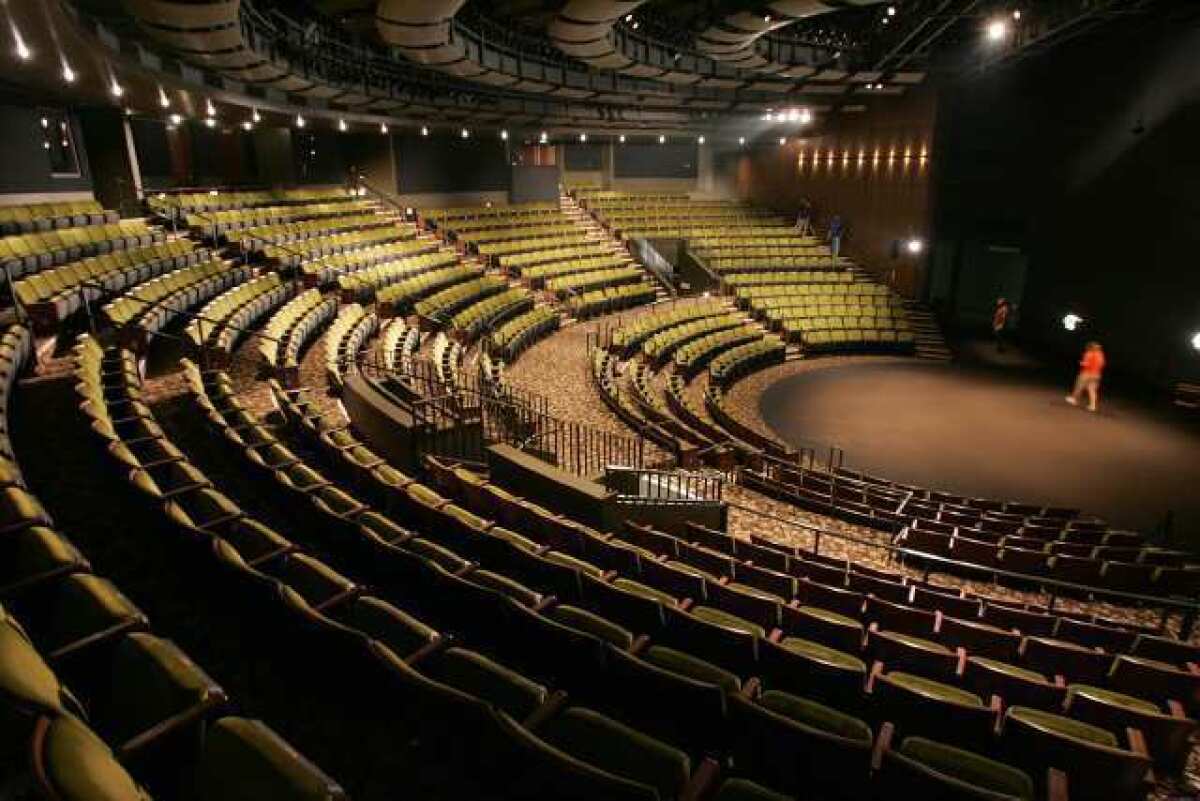
Offering ticket holders full refunds is a crucial way to ensure that audiences stressed by the pandemic will return when the theater can open again.
With a turbulent economy, rampant job loss and a pandemic keeping people indoors, “You don’t want to make any assumptions, like some people maybe really needed that money back. And so we were happy to do it,” Antaeus’ O’Halloran said.
Theater leaders offered other ways to support the performing arts, including attending virtual performances, donating to community fundraisers or purchasing a subscription.
But as theaters imagine new ways to stage performances, it may also be time to rethink the performing arts model, Miramontes said.
It’s “an interesting time to think about what certain economies performing arts are functioning under,” Miramontes said, “and envision this other model that doesn’t rely necessarily so much on ticket revenue.”
More to Read
The biggest entertainment stories
Get our big stories about Hollywood, film, television, music, arts, culture and more right in your inbox as soon as they publish.
You may occasionally receive promotional content from the Los Angeles Times.
